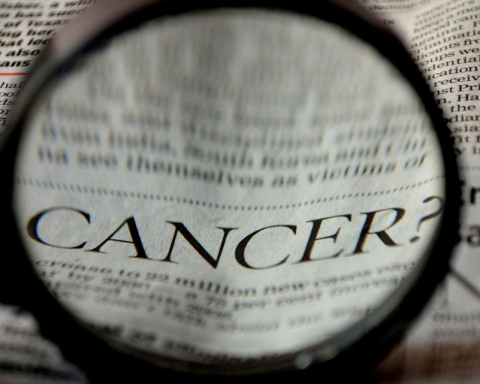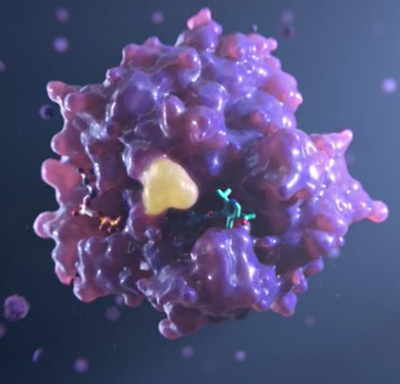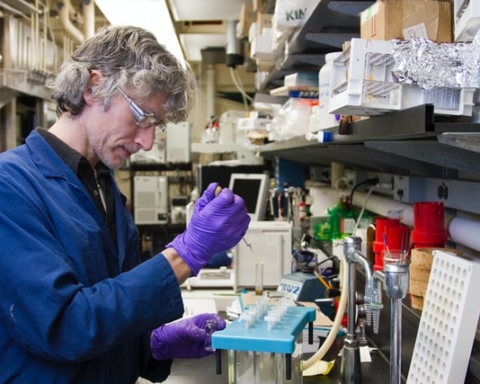Cancer has become a foremost cause of death around the world. Cancer is an extremely complex disease to understand because it entails multiple cellular physiological systems such as cell signaling and apoptosis. However the most cancer treatments are limited to chemotherapy, radiation and surgery. Even in these scopes, different drawback plays major role shortcoming its affectivity. 99% of chemotherapy does not reach the cancer cells, US National Cancer Institute (OTIR, 2006). Moreover poor drug delivery and residence at the target sites reach o significant complications including multi drug-resistance. Radiation therapy is also not specific to cancer cells. Most of the normal cells in the body die at 460 C (1080 F) which limited the extent of affectivity of radiation therapy. And most of times surgery is possible if cancer is detected at early stages.
[wp_ad_camp_1]
Nanotechnology has the power to offer solutions to these current obstacles in cancer therapies due to its unique size (1-100 nm) and large surface to volume ratios. Currently, lots of research is going on to design novel nanodevices capable of detecting cancer at its earliest stages, pinpointing its location in the body and delivering anti-cancer drugs specifically to malignant cells. According to OTIR:
“The advent of nanotechnology in cancer research couldn’t have come at a more opportune time. The vast knowledge of cancer genomics and proteomics emerging as a result of the Human Genome Project is providing critically important details of how cancer develops which in turn, creates new opportunities to attack the molecular underpinnings of cancer”.
Nano-devices can swift and sensitive detection of cancer retreated molecules enabling the scientists to detect molecular changes even when they occur in minute percentage of cells. Nano-technology will allow diminution of screening tools which means many tests can be run on a single device making screening faster and cost efficient. Scientists have already succeeded to design such modified nano-particles which allows better drug delivery reducing toxicity and decreasing tumor growth rates. Thus nano-particles allows drug delivery only at certain conditions e.g. pH sensitive allowing drug delivery only at certain pH value, similar to pH value unique in tumor cells. Recently a clinical research showed a significant result reducing tumor growth by 22% without and side-effects due to their high selectivity, where as aqueous solution only had reduced 44%. Furthermore the shelf life of nano-particles carrying drugs are also more than the usual.
[wp_ad_camp_1]
Nanotechnology will radically change the way we diagnose, treat and prevent cancer to help meet the goal of eliminating suffering and death from the cancer. It will provide the technical tools which will enable those developing new diagnostics, therapeutics and prevention. With nano-medicine we might be able to stop cancer even before it develops.








